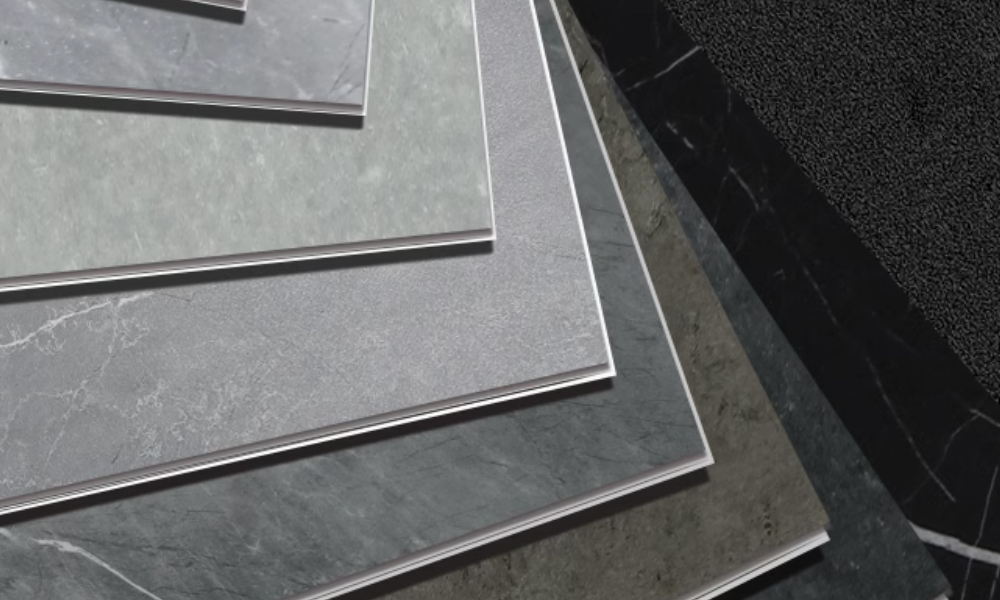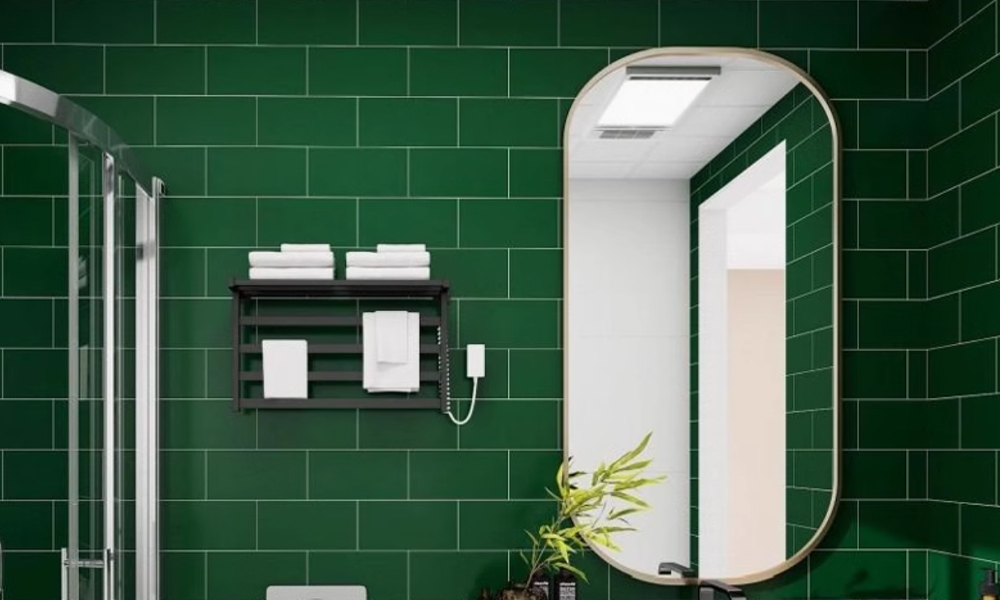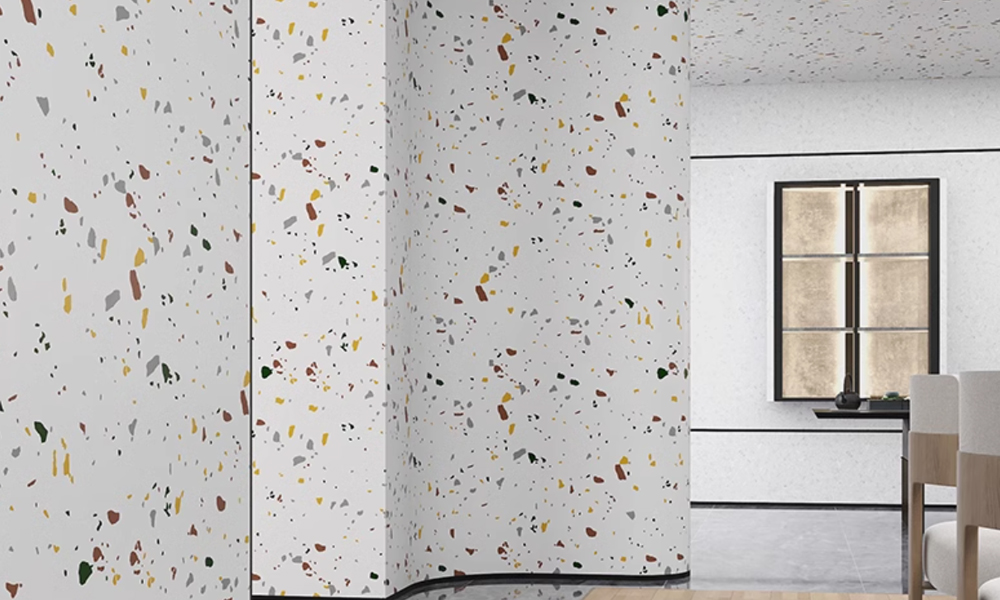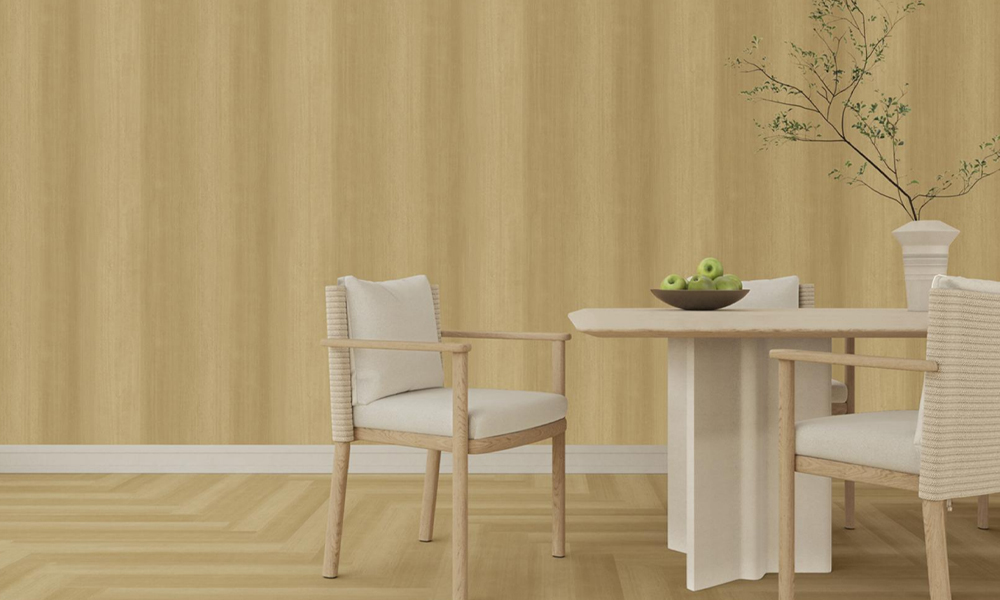Our Sites
PHOTOS & DESIGN TOOLS
DESIGN IDEAS
- WPC Wall Panels’ Most Popular Patterns in the UK
- Application of Black Mirror Panels in Hotel Decoration
- Benefits of Using Acoustic Panels in Hotels
- How to Choose Materials for 5 Star Hotel Bathroom Design
- Best Hotel Rest Area Design Ideas for Luxury & Comfort
- What Are Some Commonly Used Wall Panels in Hotel Bathroom Design?
- How to Choose Luxury Hotel Furniture for a 5-Star Guest Experience
- Top Trending PVC Wall Panel Designs for 2025
ROOMS & SPACES
- How Acoustic Panels Improve Sound Quality in Hotels
- Why Are More and More Renovation Projects Starting to Use Bamboo Charcoal Wood Veneer?
- Why Are More and More Hotels in the US and Europe Choosing SPC Wall Panels for Bathrooms?
- How to Choose the Right Bed for a Hotel?
- Popular Colors and Applications for Acoustic Panels
- Wooden, Metal or MDF? Best Materials for Hotel Bedside Tables
- Best Hotel Room Furniture Suppliers for 3–5 Star Hotels
- What Are the Advantages of Acoustic Panels for Office Use?
HOW TO INSTALL
- How to Install Bamboo Charcoal Wood Veneer
- Should Acoustic Panels Be on Walls or Ceilings?
- Step-by-Step Guide to Installing PVC Marble Sheets
- WPC wall panel installation method
- How to install SPC wall panels?
- How to install bamboo charcoal wood veneer?
- Enhancing Sound Quality with Acoustic Panels
- How to install Bamboo Charcoal Wood Veneer?
ROOMS & SPACES
- Key Installation Points of WPC Wall Panel Concealed Door Systems
- Customization and Wholesale Services of PVC Marble Sheets Suitable for Star-Rated Hotel Decoration
- Interior Bedroom Design Styles: Enhancing Aesthetics with Modern Wall Panels
- Can I Use SPC Wall Panels in a Shower?
- Guide to Wall Panel Types
TOP EXPERT ADVICE
- How to Shorten Hotel Guestroom Renovation Time by 30%?
- What Real Problems Will a Project Face If CE Documentation Is Incomplete?
- Bamboo Charcoal Wood Veneer Price Guide & Global Market Trends
- Top WPC Wall Panel Manufacturer and Factory for Global Projects
- Top 10 Best Acoustic Panels for Modern Interior Decoration
- How to Choose the Best Hotel Luxury Sofa for Your Project
- Latest Market Trends of WPC Wall Panels in 2025
- Common Sizes of Acoustic Wood Paneling: A Comprehensive Guide for Global Buyers
LEARN THE BASICS
- Price of SPC Wall Panels Over the Past Five Years
- Top 5 WPC Wall Panel Suppliers in China
- How Acoustic Panels Improve Sound Quality in Hotels
- SPC Shower Wall Panels vs Tiles: Which Is Better?
- PVC Marble Sheet Price Trends & Cost Analysis
- Best Acoustic Panels for Music Studios
- What Kind of Fabric Is Best for Acoustic Panels?
- What Is UV Marble Sheets Made Of?
POPULAR COLLECTIONS
INSPIRATION
POPULAR COLLECTIONS
INSPIRATION
POPULAR COLLECTIONS
INSPIRATION
POPULAR COLLECTIONS
INSPIRATION
INSTALLATION & ADVICE
POPULAR COLLECTIONS
INSPIRATION
INSTALLATION & ADVICE
EXPLORE US
INSTALLATION & ADVICE









